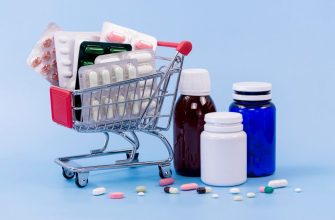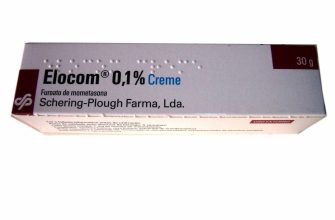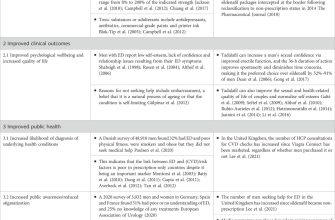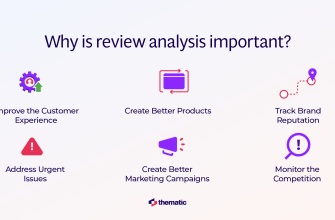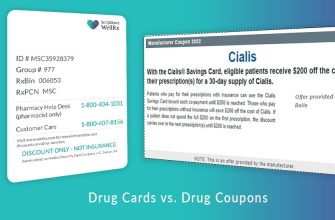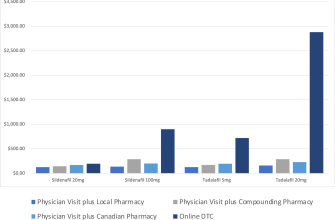Always verify the online pharmacy’s license with your state board of pharmacy. Check for a valid license number prominently displayed on their website.
Confirm the legitimacy of the pharmacy by looking for verification seals from organizations like the National Association of Boards of Pharmacy (NABP) and the Verified Internet Pharmacy Practice Sites (VIPPS) program. These seals demonstrate a commitment to safety and regulatory compliance.
Read online reviews carefully, paying close attention to experiences reported by other customers. Focus on comments regarding order fulfillment, communication, and customer service.
Never share personal or financial information unless the website uses secure encryption (look for “https” in the URL). Be wary of unusual requests for payment methods.
Compare prices across multiple reputable online pharmacies. Significant price differences might indicate counterfeit or substandard medications.
Consult your doctor or pharmacist before starting any new medication purchased online, regardless of the source. They can assess potential drug interactions and side effects based on your medical history.
Report any suspicious activity or adverse reactions to the FDA MedWatch program. This helps protect public health and prevent similar incidents.
Understand that online pharmacies are not all created equal. Thorough due diligence is critical for safe medication procurement.
Store medications as directed by the manufacturer and your healthcare provider. Improper storage can compromise their effectiveness and safety.
Discard expired medications properly, following the guidance provided by your pharmacist or local waste disposal authority.


